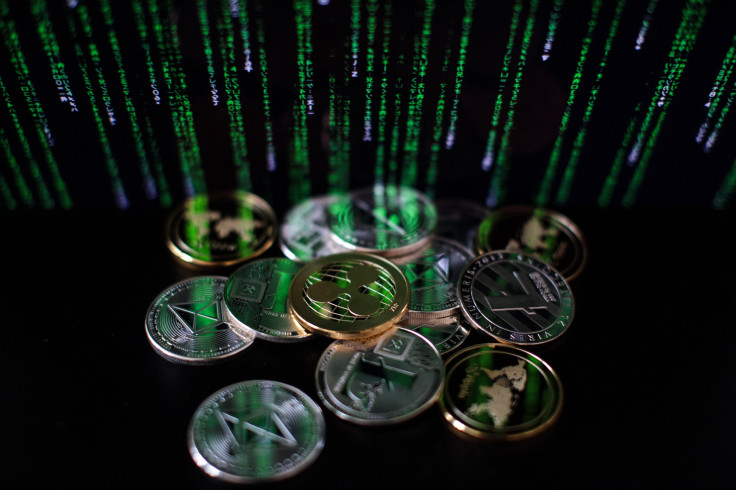Crypto To Trump: You Are Wrong, Anyone Can Be A Bank

When U.S. President Donald Trump tweeted last week that he is no fan of cryptocurrency and warned companies they have to conform to regulations to become a bank, he missed the point that digital money and blockchain have already unleashed the potential for anybody, anywhere to be a bank.
In recent years, the boom in disruptive financial technology has ushered in two major trends that have upended the normal way of banking. First, peer-to-peer funding has opened new frontiers in financing, avoiding the conventional banking industry and supporting anything from mom-and-pop startups to heart surgery operations. Second, blockchain, an emerging technology where the code is trusted above middlemen such as banks, has allowed for the tokenization of traditionally illiquid assets. That is how a luxury building in Paris was fractionalized and sold last month in units that cost as little as 6.5 euros each.
These two trends have paved the way for the next major disruption to the banking industry. We can now talk of peer-to-peer fractionalized property titles that eliminate the need for banks’ involvement in a range of activities from mortgages to real estate development.
Banks, which remain unpopular with large swaths of customers following the 2008 financial crisis, exclude many people around the world from the financial system. But thanks to cryptocurrency and blockchain, there is an alternative. It is estimated that roughly 2 billion people do not have a bank account — and yet two-thirds of these people have a smartphone. In the age of our modern technology, this means these people, in fact, do have a bank. Most just don’t know how to use it — yet.
These legions of the “unbanked” contribute to the economy and have money. They are equipped to turn the tables and participate in innovative funding mechanisms as if they are the bank. It is worth pausing to consider the potential upheaval to the way the banking industry has performed for centuries. We are on the verge of an era where the poor can lend to the rich -- and reap the benefits usually only reserved for the banking industry via interest rates.
Imagine that an immigrant diamond miner in South Africa working to send money home to his family can join a blockchain and crypto-powered peer-to-peer funding platform such as Viaz.io and be one of hundreds of people effectively financing the mortgage of a wealthy lawyer half a world away for an oceanside house in Florida. Or, the other way round, a family who has been hit with sudden medical bills and faces foreclosure from the bank can turn to the crowd of lenders across the world and receive funding to keep their home. This phenomenon has been dubbed “DeFi”, or decentralized financing, or to put it more bluntly: banking without banks.
Who is laughing now?
So it is no surprise that the crypto industry reacted wryly when Trump -- in what was his first ever tweet about Bitcoin -- came out in favor of banks over cryptocurrency. Brian Armstrong, CEO of Coinbase, a unicorn and the largest U.S. digital currency exchange, tweeted his response: “Achievement unlocked! I dreamt about a sitting U.S. president needing to respond to growing cryptocurrency usage years ago. ‘First they ignore you, then they laugh at you, then they fight you, then you win.’ We just made it to step 3.”
And maybe crypto can grow on Trump himself. After all, JP Morgan is now planning its own currency and central banks from China to Venezuela are exploring issuing their own digital currencies. The irony is Trump, the real estate mogul who has been all but excommunicated from Wall Street banks, may soon learn there is a better alternative to the banking system -- and that is crypto.
(Steve Meronek is a Canadian real-estate restoration businessman and CEO of Viaz.io, a peer-to-peer funding platform.)
© Copyright IBTimes 2024. All rights reserved.




















